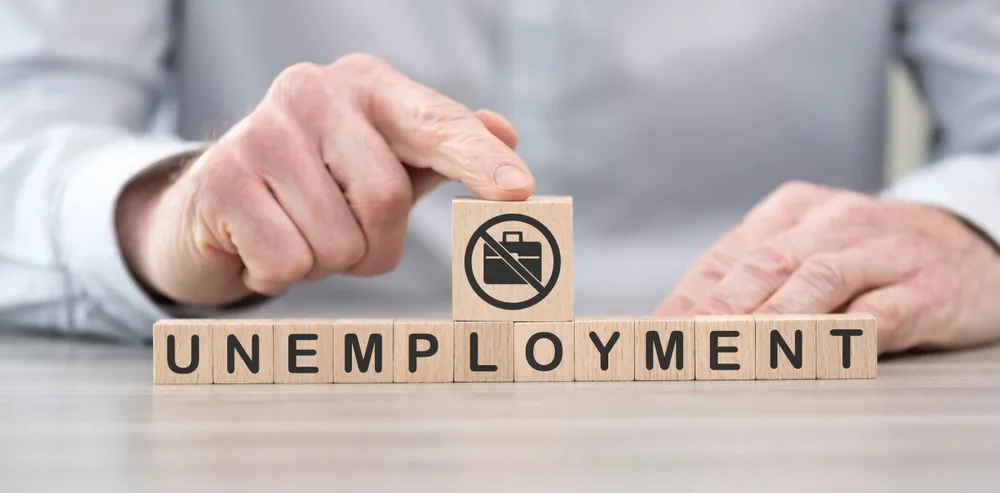Qualifying for a private consolidation loan for your student debt is largely dependent upon your FICO credit score and household income. In most cases, you can qualify with a FICO credit score of at least 600. Your score also affects the interest rate attached to your loan.
So, what is your FICO score, and why is it so important?
Your FICO score is a three-digit number calculated by each of the three major credit bureaus – Equifax, TransUnion, and Experian. The numbers range between 300 and 850 and represent your level of creditworthiness to prospective lenders.
The higher your score, the more reliable you are as a borrower. The lower your score, the more of a risk you are to the lender.
For purposes of getting a direct consolidation loan, you typically want good-to-excellent credit so that you can receive lower APR offers. This is because financial institutions feel more comfortable lending you money. If you have poor-to-bad credit, you will be charged a higher APR.
Private student loan consolidation programs follow a standard verification and approval process. Income and employment verification are usually required; lenders want to make sure you have the money to repay the loan.
Also, most lenders look for a debt-to-income (DTI) around 36% or less. This means that you have sufficient income to cover your monthly bills. Personal and professional references and additional supporting documentation may also be necessary.
Federal student loan consolidation programs have a few different requirements.
First, any federal student loans you choose to consolidate must either be in repayment or a grace period. If you already have a student consolidation loan, you are generally not permitted to consolidate it a second time.
Additional federal student loan consolidation requirements include the following:
- Existing FFEL Consolidation Loans may qualify for reconsolidation if no other loans are included
- Defaulted loans may qualify for consolidation if new satisfactory repayment arrangements are made prior to consolidating, or, if you arrange to repay you new Direct Consolidation Loan through one of the following programs:
- Income-Based Repayment (IBR) Plan
- Income-Contingent Repayment (ICR) Plan
- Pay As You Earn Repayment (PAYE) Plan
- Revised Pay As You Earn Repayment (REPAYE) Plan.
Private student loan consolidation rates tend to range between 2.30% and 9.15%. The APR on a Direct Consolidation Loan is a fixed weighted average interest rate with no cap.
The interest rate is generally calculated based on the combined balance of the consolidated loan or loans and the resulting cumulative average rate, which is then rounded up to the closest 1/8th of a percent.
There are many private lenders that offer student loan consolidation programs. Some of the best lenders on the market for these types of programs today include the following:
- Citizens
- CommonBond Lending
- Education Loan Finance
- Splash Financial
- Earnest








